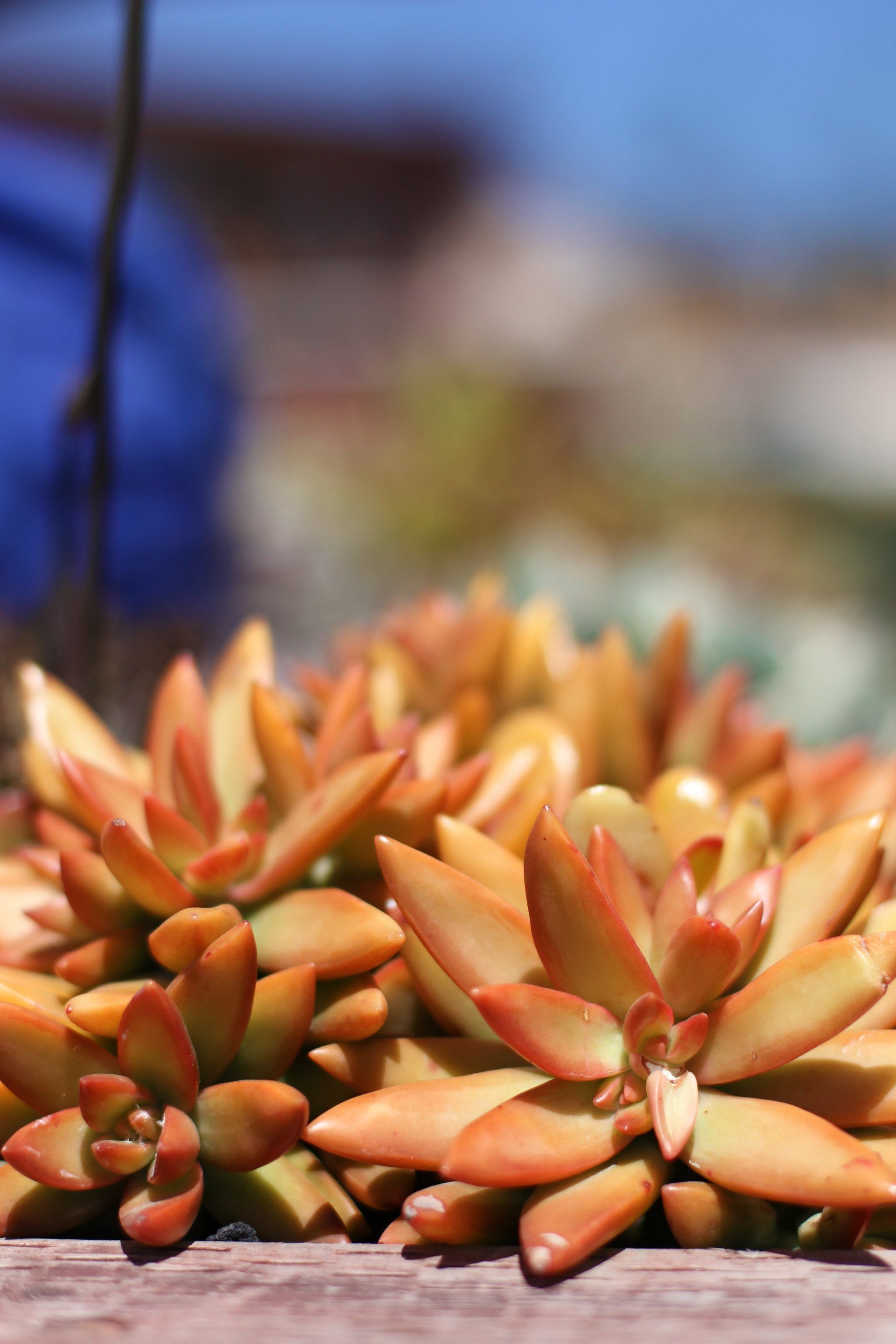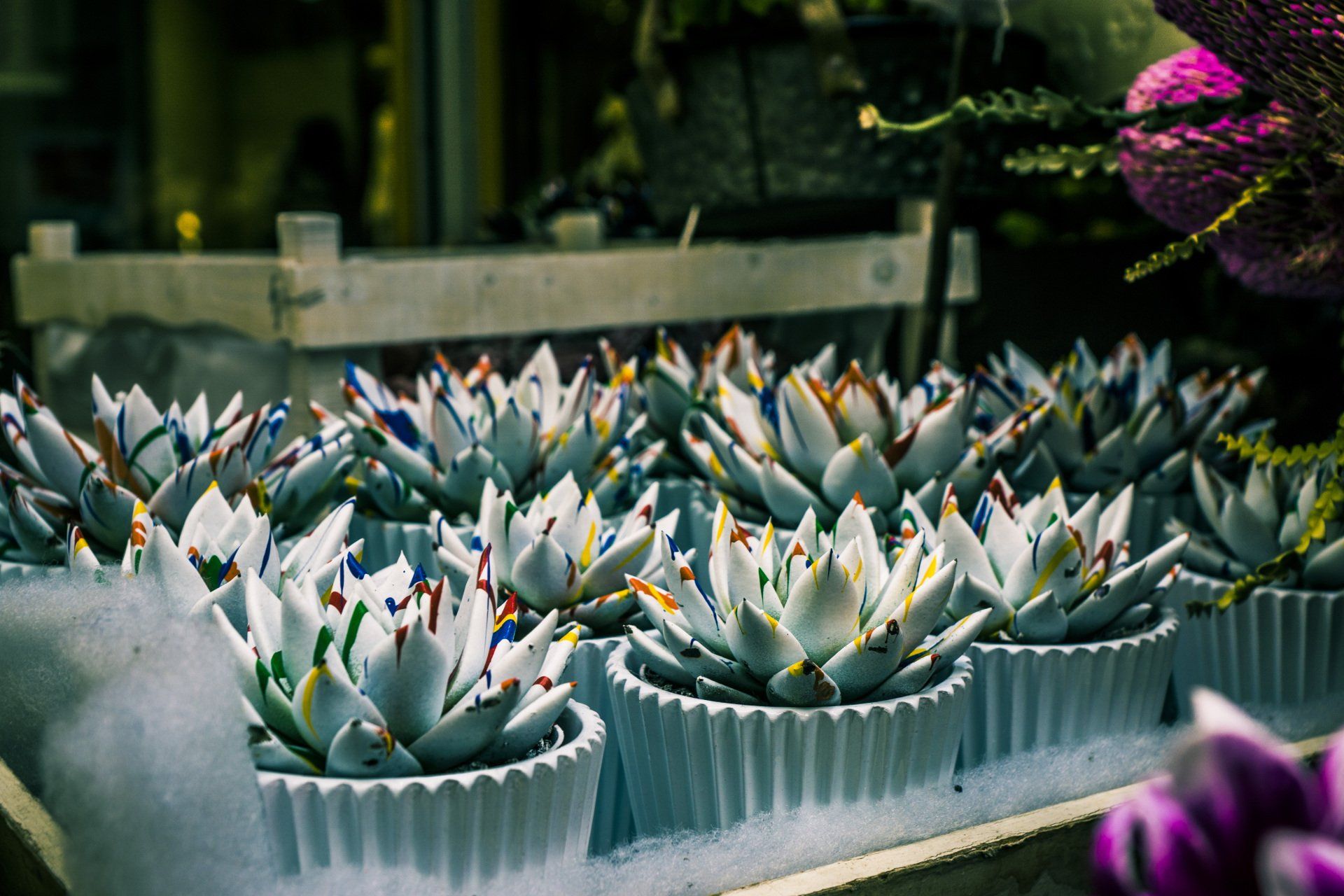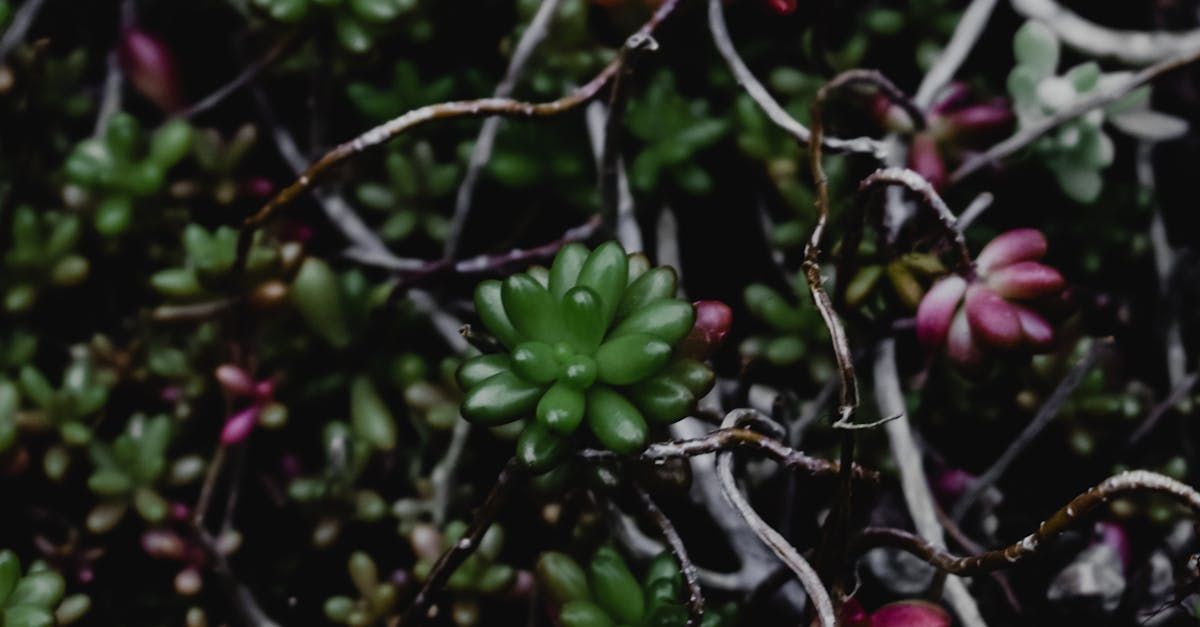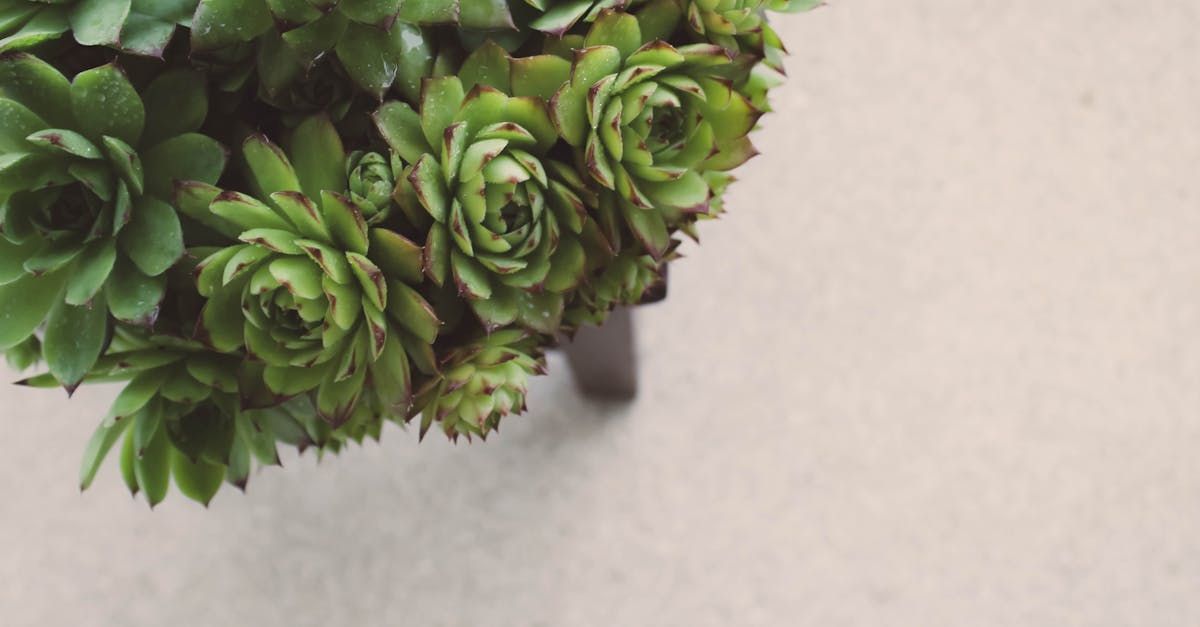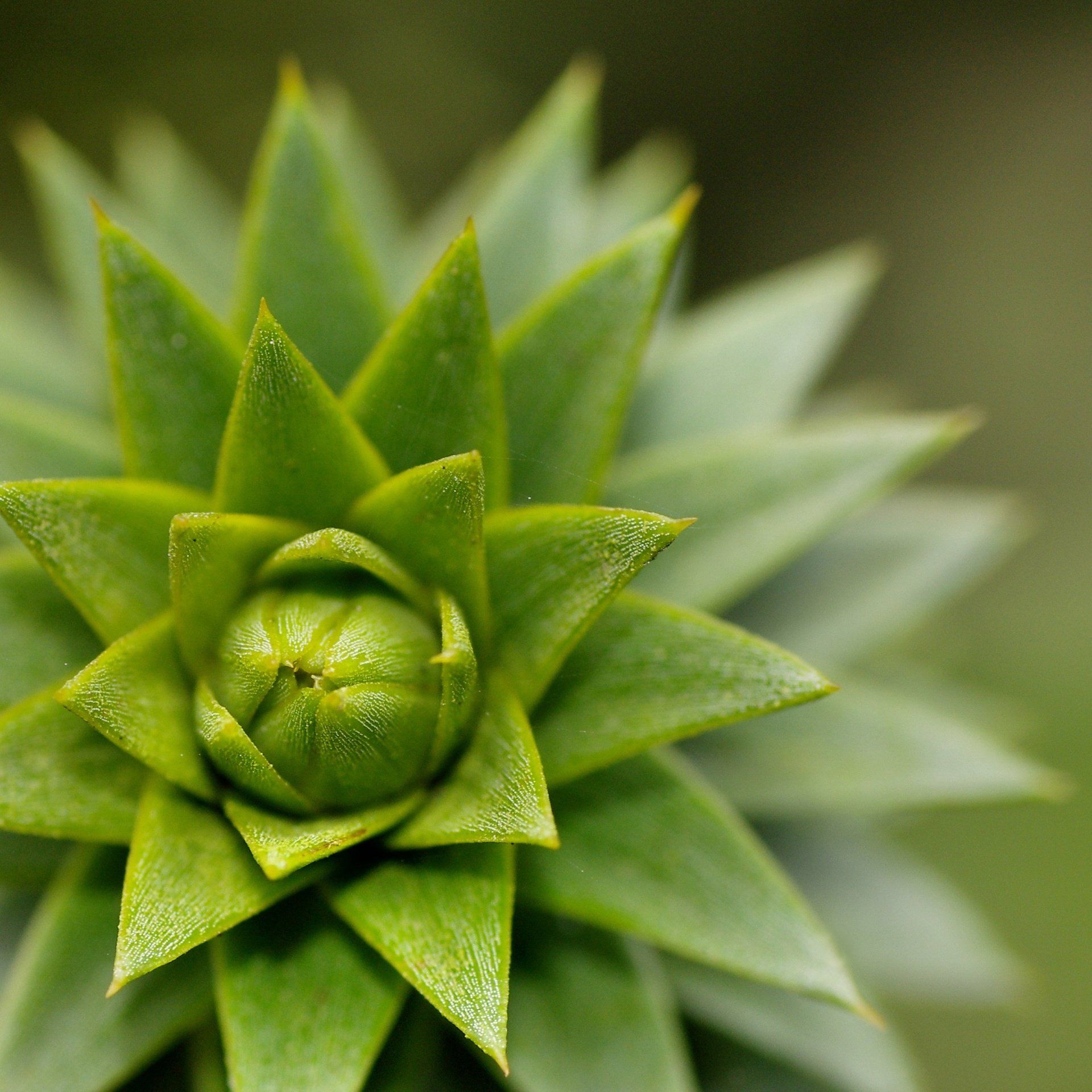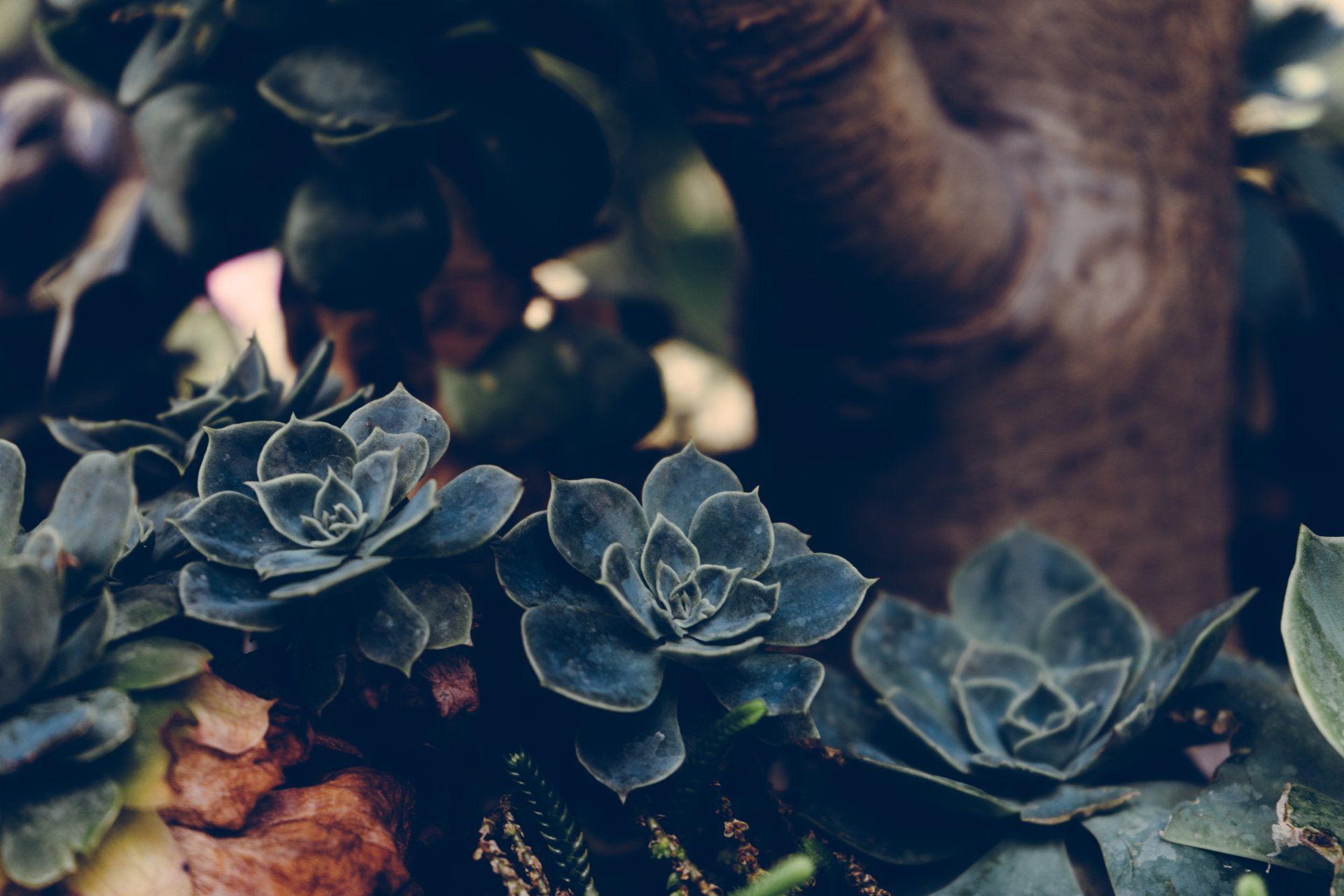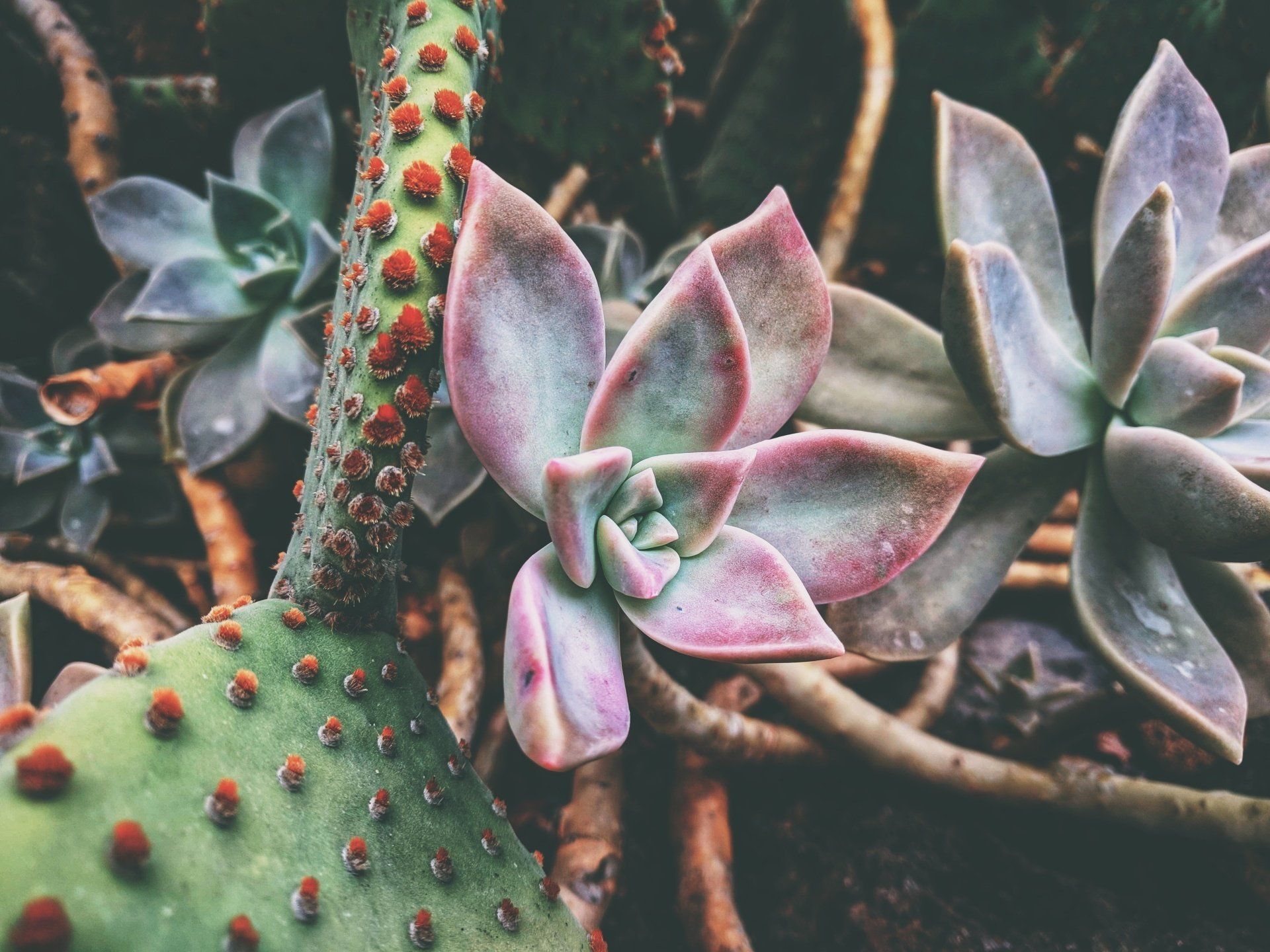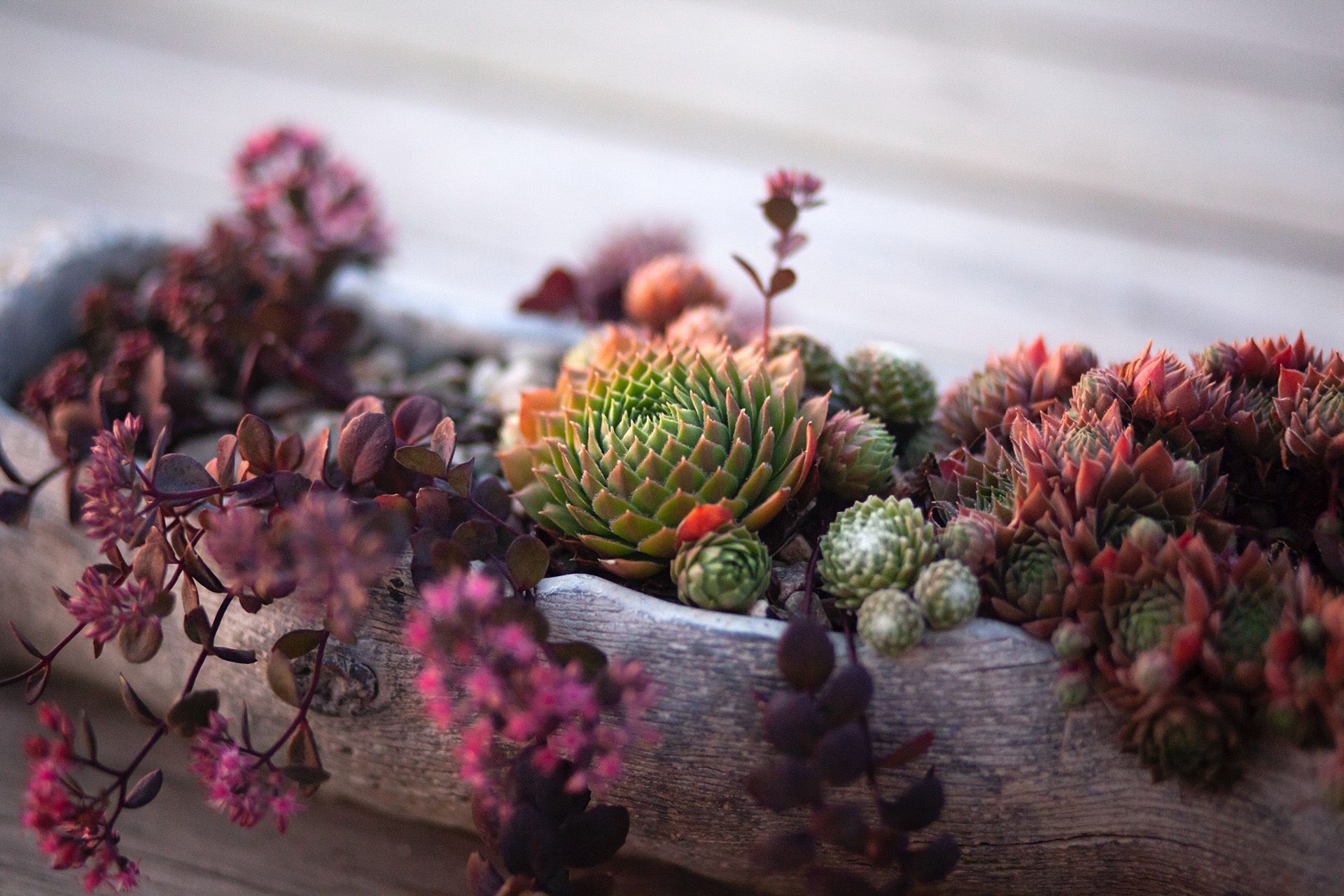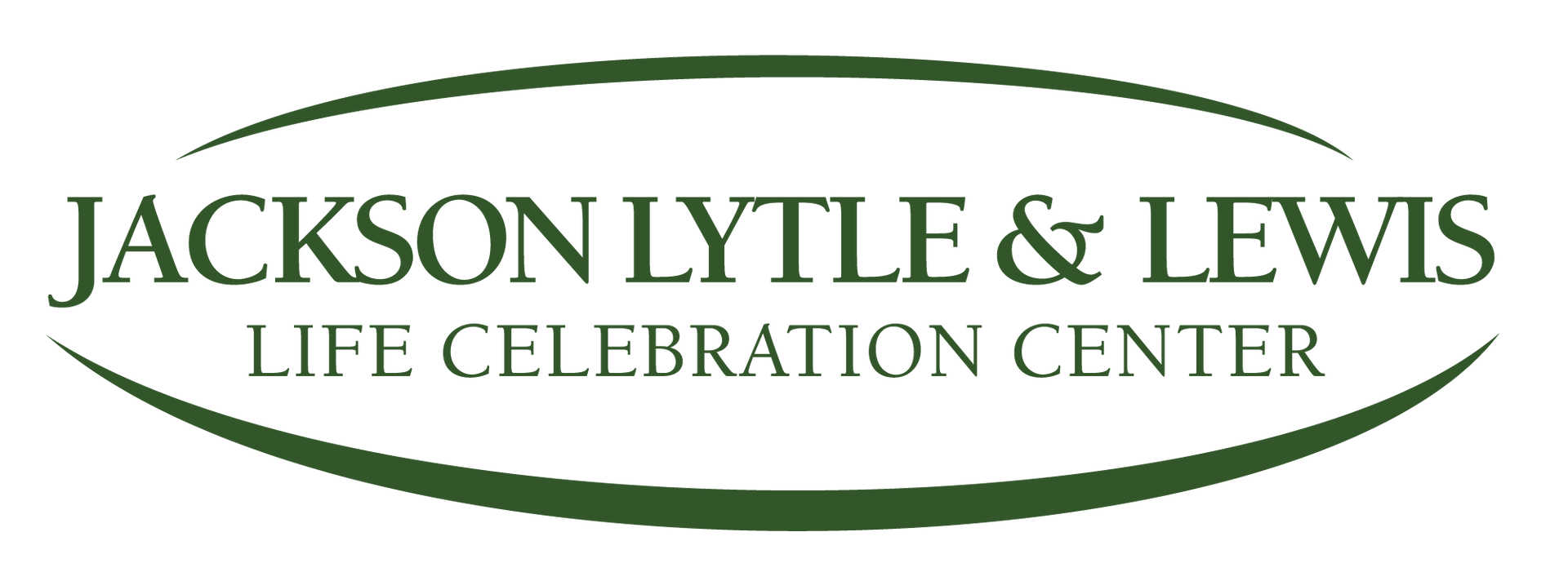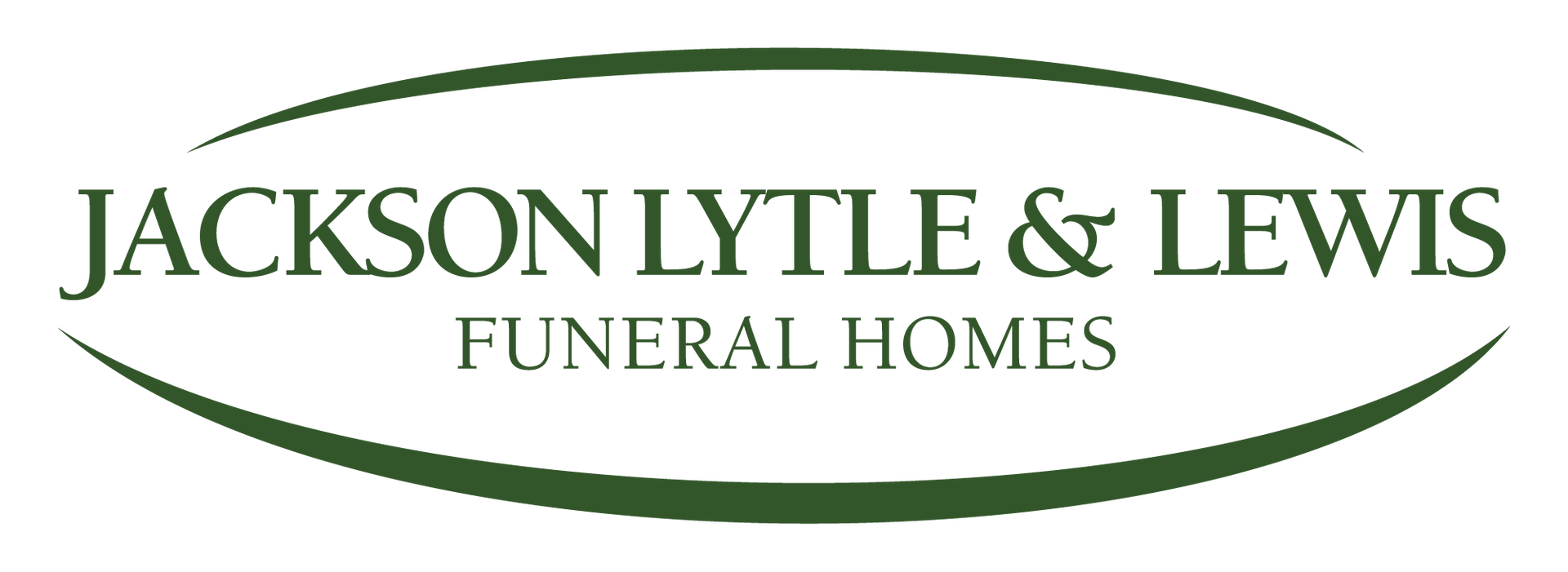The Evolution of American Funeral Services
At Jackson Lytle & Lewis, we appreciate the deep history and evolving traditions of funeral services in America. Understanding this evolution helps us honor the past while serving the diverse needs of our community today. Let's delve into how American funeral services have transformed from the 1700s to the present, reflecting our nation's changing societal, cultural, and economic landscapes.
18th Century: The Foundations of Funeral Traditions
In the 1700s, funeral customs in America were primarily influenced by the diverse backgrounds of its inhabitants, including European settlers, African Americans, and Native Americans. Funerals were predominantly family-oriented affairs, with relatives responsible for preparing the body, constructing the casket, and conducting the burial, usually on family land. The practice of wakes, where friends and family gathered to watch over the deceased, became common, often accompanied by feasts as a way to mourn and remember the departed.
19th Century: The Birth of the Funeral Industry
As America transitioned into the 19th century, the burgeoning funeral industry began to take shape amidst urbanization. The development of rural park cemeteries, coffin makers expanding their services to include carriage rentals and hearses, and the formalization of the undertaker role marked the genesis of modern funeral services. Coffin-makers expanded their skills to offer comprehensive death care services and became more well-known as undertakers. Undertakers laid the groundwork for today's funeral directors.
20th Century: Innovation and Expansion
20th-century people witnessed significant changes in funeral practices, notably influenced by the Civil War, which popularized embalming to preserve bodies for transport. Funeral homes became commonplace, offering various services from embalming to organizing the entire funeral process. Mourning attire and public memorials became more elaborate, reflecting the era's societal norms. As the century progressed, cremation gained popularity, and memorial services became favored over traditional funerals, allowing for more personalized commemorations of the deceased.
21st Century: A Diverse Array of Choices
Today, American funeral services continue to evolve, reflecting the nation's rich diversity and changing preferences. Families now have many options to honor their loved ones, from traditional burials to eco-friendly cremations and personalized memorial services. The funeral industry has adapted to these changing preferences, offering services catering to various cultural, religious, and personal beliefs.
Why It Matters
The evolution of funeral services in America is a testament to the nation's diverse heritage and ability to adapt to changing times. At Jackson Lytle & Lewis, we honor this rich history by providing compassionate, personalized services that respect past traditions while embracing today's families' preferences. Understanding the journey of American funeral customs from the 1700s to the present empowers us to celebrate life and legacy in meaningful and respectful ways to each family we serve.
